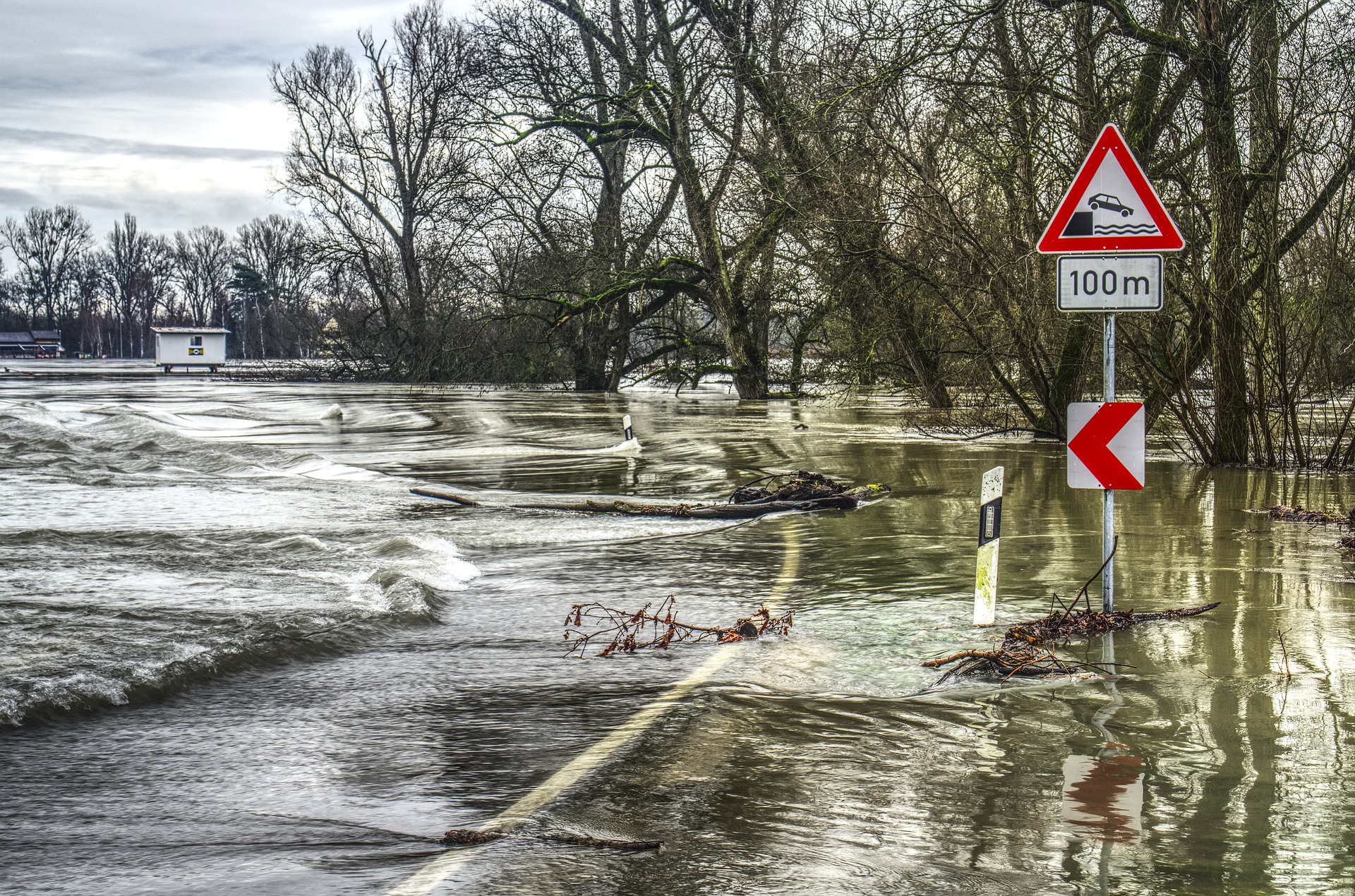UNSW prepares for a resilient Australia
Following recent COP 26 deliberations, there is growing consensus that definitive steps need to be taken to address the significant issues raised about the changing landscape.
Following recent COP 26 deliberations, there is growing consensus that definitive steps need to be taken to address the significant issues raised about the changing landscape.

Following recent COP 26 deliberations, there is growing consensus that definitive steps need to be taken to address the significant issues raised about the changing landscape.
To ensure that Australia is well placed to face the challenges that potential threats raise, UNSW has established the Resilient Futures Collective, a creative solutions incubator, drawing on dedicated specialists from the Faculties of Law, Business, Science, Arts, Design & Architecture, Medicine & Health, Engineering and UNSW Canberra.
Coordinator of the Resilient Futures Collective, Dr Paul Barnes, said the Australian Business Roundtable for Disaster Resilience and Safer Communities estimate the cost of impacts from natural hazards in Australia will increase to $73 billion per year by 2060: even under low future carbon emissions scenarios.
“This is significantly higher than the $39 billion per year by 2050 they reported in 2017,” he said.
Dr Barnes said that while cyclones, floods, drought, heat waves, and bushfires are familiar hazards, Australia faces the challenges of a changing and compounding risk landscape. Natural hazards will continue to cause widespread disruption and damage to rural and urban communities, local and regional economies, and essential services.
“The historical impacts of cyclones alone are significant. The Insurance Council of Australia reported last week that the total cost of tropical cyclone impacts in Australia since 1967 has been $23 billion. By comparison some estimates of recovery costs from the 2019-20 Black Summer fires are likely to be in excess of $100 billion.”
Additional projections advise that within the same low emissions scenarios, cumulative costs of up to $1.2 trillion could be expected over the next forty years given direct and cascading impacts of natural hazards, with two thirds of these costs in QLD and NSW alone.
“Improving resilience entails going beyond disaster response alone and requires emphases on risk reduction via impact planning, vulnerability analyses and proactive governance: all of which contribute to ensuring the direct and cascading impacts of natural hazards and other disruptions on individuals, communities and the environment are minimised.
“These elements create complex challenges to policy development, vulnerability reduction and disaster management practice,” Dr Barnes said.
An important question to consider in facing challenging threats is the role Australia’s Universities can play in supporting preparedness planning and for reducing the impacts of future natural hazards?
Addressing this question, Pro Vice Chancellor (Research) Professor Sven Rogge notes that UNSW has considerable research, development, and advocacy expertise relevant to identifying and understanding the options for mitigating the impacts of the threat landscape we confront today, and for anticipating those we will have to deal with in our near and distant future.
“This expertise ranges from planning city futures, urban disaster resilience and design for sustainable development, future climate adaptation and simulation, bushfire modelling, water resources engineering and infrastructure management, governance under conditions of crisis and uncertainty, community preparedness and recovery planning and the social, environmental, and public health impacts of disasters,” Professor Rogge said.
While UNSW holds leading capabilities in these areas, Professor Rogge believes the complexity of the challenges we face now and into the future can be addressed by combining skills from each to enhance insight into solutions to many of the significant threats we face as a society.
The UNSW Resilient Futures Collective will work with leading UNSW academic and professional advisers active in areas central to enhancing resilience and mitigating the cascading and cumulative impacts of natural hazards and related disturbances.
To find out more about the Resilient Futures Collective or inquire about collaboration with it, please email RFC Coordinator Dr Paul Barnes: paul.barnes@unsw.edu.au